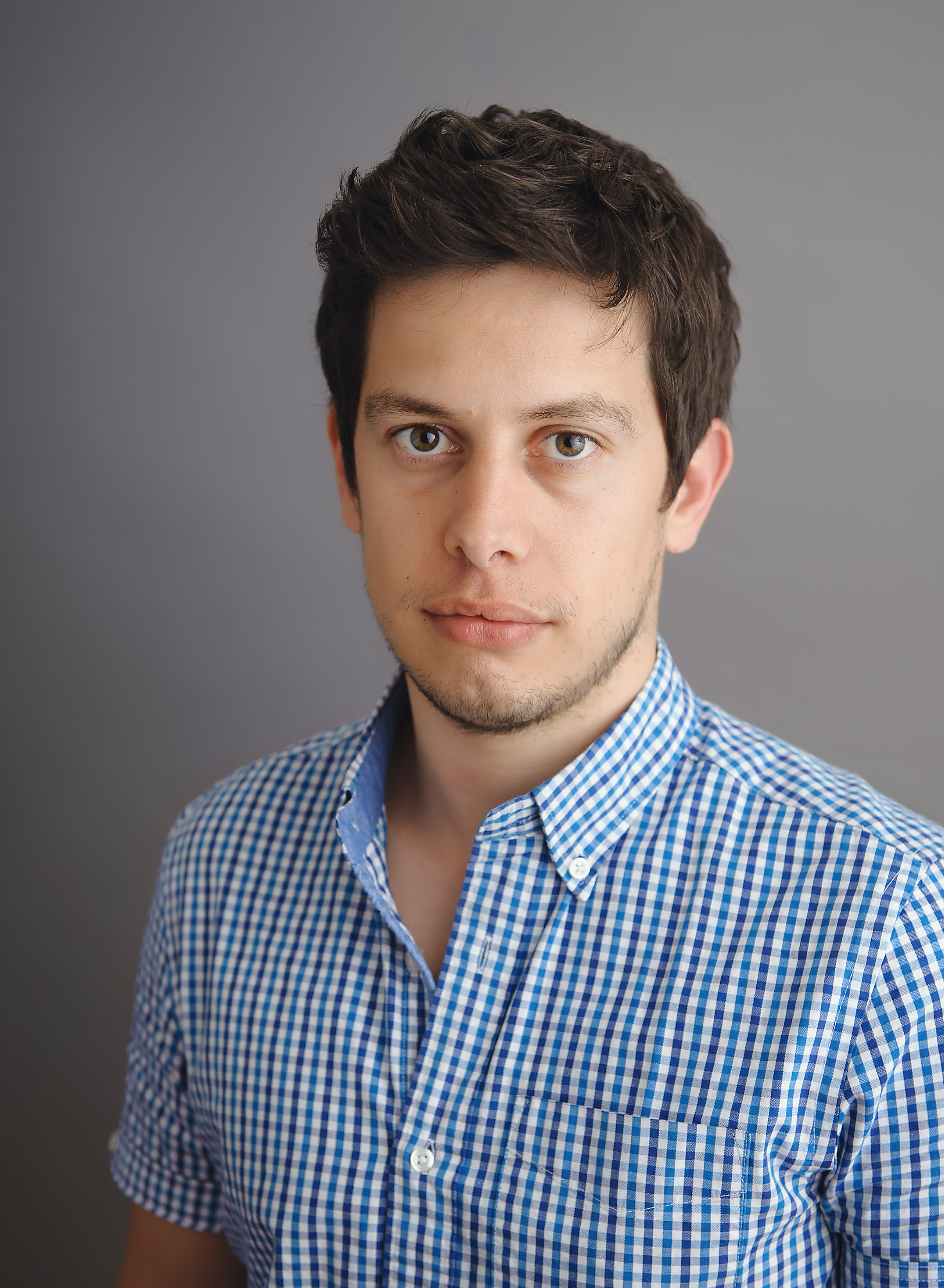Save the date 20-22 April 2018

Speaker Details
|
|
|
|
Biography |
|
|
 Brief Biography:
Andreas Kakarougkas is an assistant professor of cell and molecular biology at AUC. He is passionate about teaching and has delivered courses at all levels (introductory-graduate). Kakarougkas is particularly interested in applying the latest pedagogical approaches in order to enrich the learning experience of his students. He employs active learning approaches such as problem-based learning and blended learning to make his classes highly interactive.
Kakarougkas’ research focuses on how our bodies respond to carcinogens in our environment. In particular, he is interested in how damage to our DNA can lead to cancer. He has received specialist training in all aspects of cell and molecular biology, toxicology and DNA repair analysis. His research in the DNA damage responses field is published in high impact peer reviewed journals. Kakarougkas is currently working on the health implications of exposure to metallic nanoparticles found in air pollution. His research is particularly pertinent to Egypt due to the large number of people exposed to airborne pollutants.
Education:
PhD, 2012, University of Sussex, Brighton, East Sussex, United Kingdom.
Awards and Honorary Degrees
UK Medical Research Council Centenary award, 2013, UK Medical Research Council.
Young Investigator award, 2012,Association of Radiation Research.
Young Investigator award, 2010,Association of Radiation Research.
Brief Biography:
Andreas Kakarougkas is an assistant professor of cell and molecular biology at AUC. He is passionate about teaching and has delivered courses at all levels (introductory-graduate). Kakarougkas is particularly interested in applying the latest pedagogical approaches in order to enrich the learning experience of his students. He employs active learning approaches such as problem-based learning and blended learning to make his classes highly interactive.
Kakarougkas’ research focuses on how our bodies respond to carcinogens in our environment. In particular, he is interested in how damage to our DNA can lead to cancer. He has received specialist training in all aspects of cell and molecular biology, toxicology and DNA repair analysis. His research in the DNA damage responses field is published in high impact peer reviewed journals. Kakarougkas is currently working on the health implications of exposure to metallic nanoparticles found in air pollution. His research is particularly pertinent to Egypt due to the large number of people exposed to airborne pollutants.
Education:
PhD, 2012, University of Sussex, Brighton, East Sussex, United Kingdom.
Awards and Honorary Degrees
UK Medical Research Council Centenary award, 2013, UK Medical Research Council.
Young Investigator award, 2012,Association of Radiation Research.
Young Investigator award, 2010,Association of Radiation Research.
|
|
|
|
|
|
|
Abstract |
|
|
|
|
Transforming Education through Online Learning |
|
|
|
|
|
Science has an important role in achieving the UN Sustainable Development Goals (SDGs). SDG 4 relates to quality education and the specific goal is to "Ensure inclusive and equitable quality education and promote lifelong learning opportunities for all". Here I will be discussing how online learning can be used to transform education in the Middle East and beyond. I will be using an introductory Biology course currently being taught at the American University in Cairo as an example of implementation of blended learning (traditional and online). Novel and contemporary pedagogical approaches can play an important role in achieving SDG 4 |
|
|
|
|